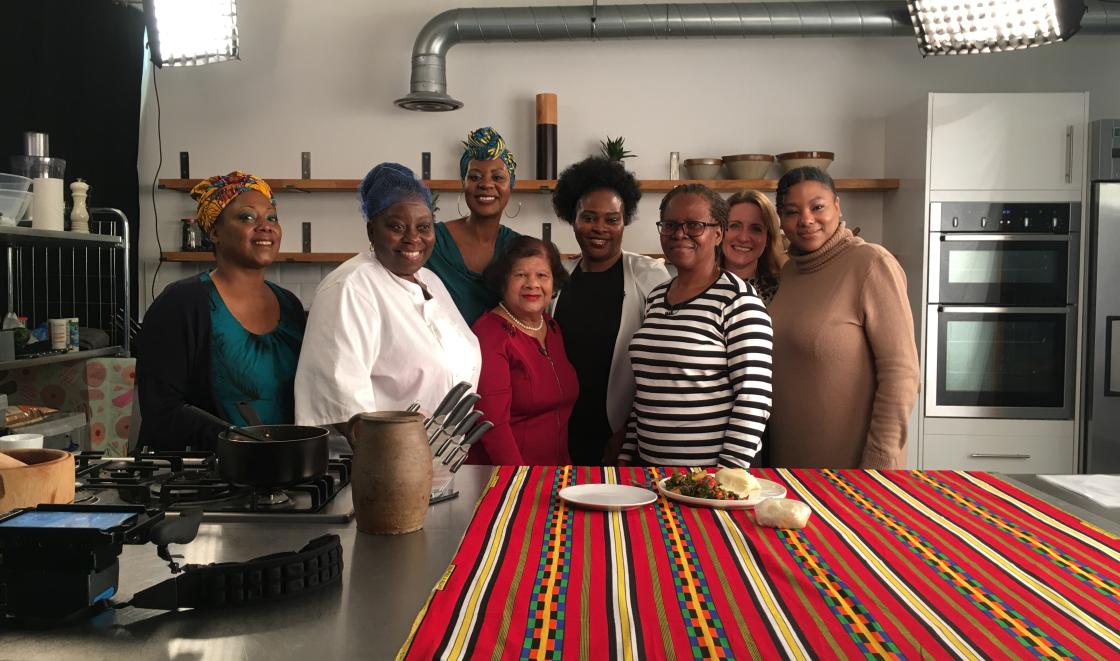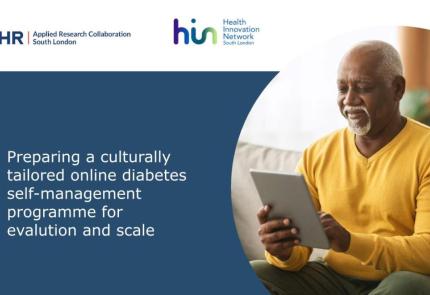Launched in south-east London, the Healthy Eating & Active Lifestyles for Diabetes (HEAL-D) programme helps participants to manage their diabetes better, improving their health and quality of life. A recent service evaluation of the online version of HEAL-D showed:
-
78% of people who completed the progamme reported weight loss
-
98% strongly agreed or agreed that HEAL-D Online has helped them to manage their diabetes
-
The proportion of patients experiencing ‘diabetes-related distress’ (a wellbeing measure for diabetes patients) reduced from 49% to 23% after attending
HEAL-D Online is now available across south London and is being piloted in other parts of the country. Read on to find out more about the development of HEAL-D and its impact.
What is the health problem?
Type 2 diabetes is a common, chronic condition that causes the level of sugar (glucose) in your blood to become too high. If type 2 diabetes is not managed effectively, it can cause disabling and life-threatening complications, including heart disease and stroke, problems with eyesight, painful foot sores, and poor kidney health.
In the UK, African and Caribbean communities are 2-4 times more likely to develop type 2 diabetes than White Europeans. They also develop the condition, on average, 10 years earlier. In south-east London, an area with a large African and Caribbean population, 40% of people with newly diagnosed type 2 diabetes are of Black-British ethnicity.
The importance of managing diabetes effectively
People living with type 2 diabetes can manage the symptoms themselves – and even sometimes reverse the condition – through a combination of medication, a healthy diet and keeping active. But to do this effectively, evidence shows it is important for people to understand type 2 diabetes and the principles that underpin self-management. That’s why the NHS routinely provides programmes to help people learn about and manage their diabetes. However, these programmes are considerably less successful in minority ethnic groups, with lower levels of participation and little improvement in diabetes control after completing the programme.
Louise Goff, professor of nutrition sciences, Leicester Diabetes Centre (formally at King’s College London), who led the ARC’s work in this area, says:

